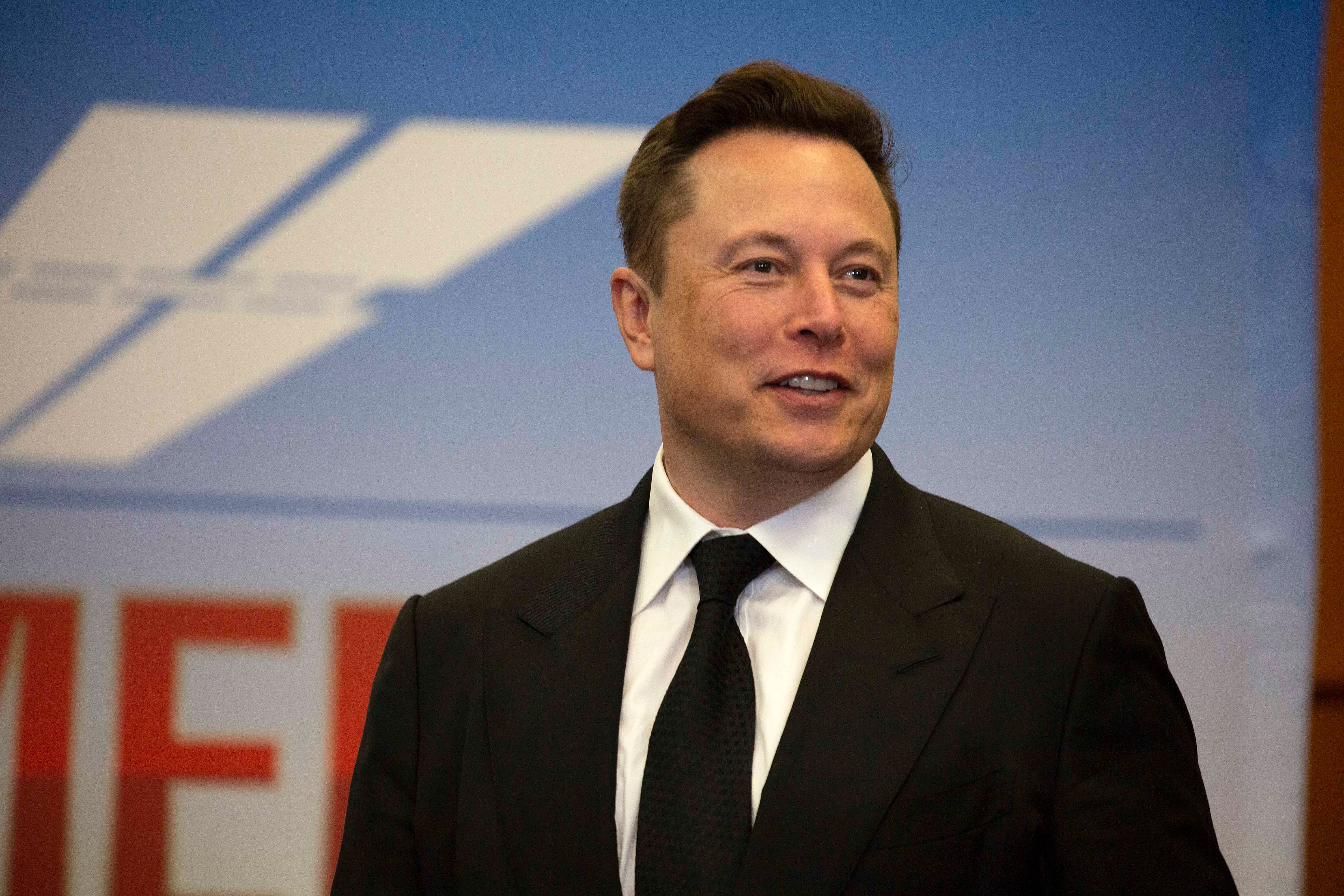President of Elon Musk co-founded Neuralink tweets he has left company
President Max Hodak reportedly left the company quietly few weeks ago

Max Hodak, President and co-founder of Neuralink, which develops brain-machine interfaces, tweeted Saturday that he has left the company he founded along with Tesla and SpaceX chief Elon Musk.
While Hodak reportedly left the company quietly a few weeks ago, he announced this only with the Tweet, but has not revealed why he made the decision or elaborated on circumstances leading to his departure from the neurotechnology startup.
While the company is yet to ship even its first product, in April it had shown some advance, posting a video in which a monkey with a Neuralink implant in its brain appeared to move a cursor on a computer screen using its mind.
Last year Stat News reported that in the company, where Musk has invested millions of dollars, scientists were experiencing a chaotic internal structure with rushed deadlines.
Former employees had reportedly noted that the work inside the company was characterised by “intense demands” and a rush to carry out projects which tend to be killed just as quickly.
The company has also faced some flak for some of its scientific claims such as that future engineered brain-implants could “solve important brain and spine problems with a seamlessly implanted device.”
“You could solve blindness, you could solve paralysis, you could solve hearing,” Mr Musk had said even before any clinical trials reported benefits of using the implants.
Antonio Relgalado wrote for MIT Technology Review that the company had made tall claims and promises that would be hard to keep.
While scientists had already started experimenting with brain implants in paralysed people as early as the 1990s showing signals transmitted using them could help move robot arms, Neuralink hopes to further develop them to the point where the chips can be planted in a doctor’s office under an hour.
Hodak said in his tweet that he “learned a ton there” and that he is still a “huge cheerleader” for the company.
Join our commenting forum
Join thought-provoking conversations, follow other Independent readers and see their replies
Comments
Bookmark popover
Removed from bookmarks